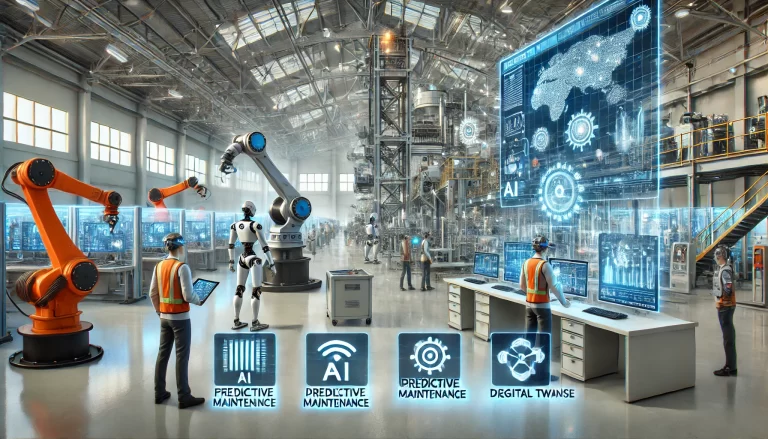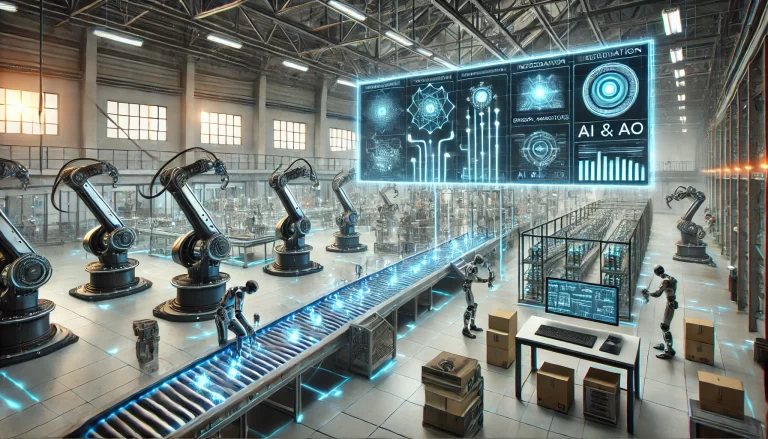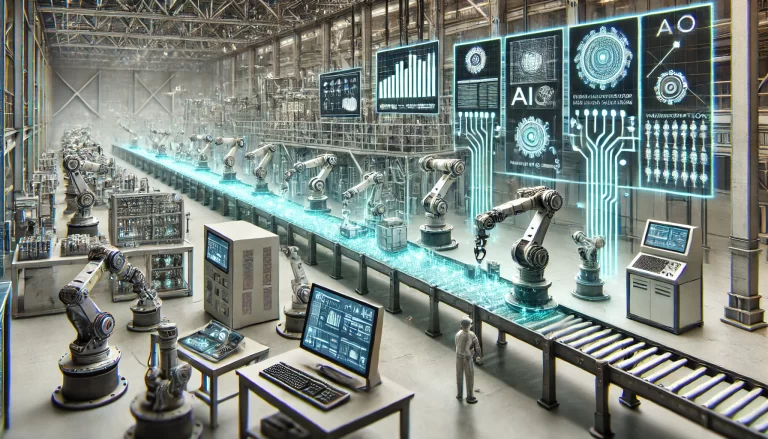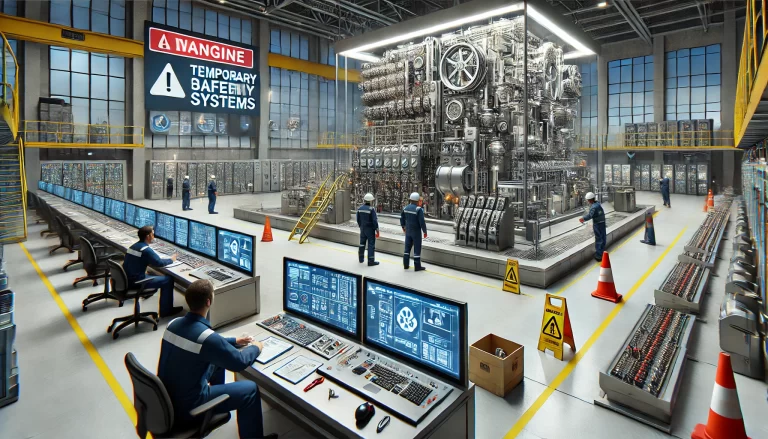With the rapid advancement of artificial intelligence (AI) and automation technologies, numerous traditional professions face transformation or even potential obsolescence. Instrumentation technicians, essential in industrial settings, are responsible for installing, maintaining, and calibrating various instruments, such as sensors and controllers. Given the rise of AI and smart automation, the question arises: will AI replace instrumentation technicians? This article analyzes this issue from multiple perspectives.

1. AI’s Potential to Replace Instrument Technicians
Automation of Repetitive Tasks
AI-powered industrial robots and software excel in handling standardized, repetitive tasks, including real-time data monitoring and basic fault diagnosis. Many routine instrumentation maintenance tasks, such as data logging and parameter adjustments, could be increasingly managed by automated systems, reducing the need for manual intervention.
Predictive Maintenance Revolution
Predictive maintenance, powered by AI and machine learning, analyzes real-time equipment data to forecast potential failures before they occur. Companies such as Siemens and General Electric have already implemented AI-driven maintenance solutions that automatically generate maintenance schedules, significantly reducing the reliance on human inspections and emergency repairs.
Remote Monitoring and Control
With the integration of AI and the Internet of Things (IoT), industrial plants can remotely monitor and control instrument performance. AI-powered monitoring systems can analyze vast amounts of sensor data, detect anomalies, and even implement corrective measures without the need for on-site human intervention. This technological shift reduces dependence on field technicians, especially in hazardous or remote locations.

2. The Irreplaceable Value of Instrument Technicians
Despite advancements in AI and automation, human expertise remains indispensable in several key areas:
Adapting to Complex and Unpredictable Environments
Industrial settings often present unique challenges, such as extreme temperatures, high-pressure environments, and exposure to corrosive substances. Installing, calibrating, and repairing instruments in such conditions requires hands-on expertise and adaptability. AI may struggle to account for unpredictable factors that human technicians can quickly assess and respond to.
Precision Calibration and Human Judgment
While AI can enhance accuracy in standardized tasks, certain high-precision instrument calibrations require human expertise. Manual fine-tuning, error corrections, and adjustments—particularly in environments lacking comprehensive standardization—still rely on experienced professionals who can assess nuances that AI may overlook.
Emergency Response and On-Site Decision-Making
In cases of unexpected system failures, such as pipeline leaks or equipment malfunctions, immediate human intervention is often necessary. While AI can assist in diagnostics, real-time decision-making under pressure remains a stronghold of human expertise. Technicians play a critical role in assessing risks, prioritizing responses, and implementing rapid solutions.
Cross-Disciplinary Collaboration
Instrumentation technicians frequently collaborate with electrical, mechanical, and process engineering teams. This cross-disciplinary coordination ensures seamless integration of new instruments and troubleshooting of complex system issues. AI, while efficient in data analysis, lacks the ability to navigate the intricate interpersonal and strategic aspects of interdisciplinary teamwork.
3. Balancing Industry Demand and AI Adoption
Cost and Implementation Barriers
While large enterprises may rapidly adopt AI-powered maintenance solutions, small and medium-sized businesses often lack the financial resources for full-scale automation. As a result, traditional instrument technicians will continue to play a vital role in industries where AI adoption is gradual due to budget constraints.
Regulatory and Safety Compliance
In highly regulated industries such as nuclear energy, oil and gas, and pharmaceuticals, strict safety and compliance regulations often mandate human oversight in maintenance and inspections. These regulatory frameworks ensure that critical decisions remain within human control to mitigate liability and enhance accountability.
Limitations of AI in Non-Standardized Environments
Many industrial systems involve aging equipment and non-standardized instruments, which may not be easily integrated into AI-based automation frameworks. The reliability of AI diminishes in cases where data-driven algorithms lack sufficient historical data or predefined parameters for effective operation.

4. Future Trends: Human-AI Collaboration and Skill Evolution
From Operators to Supervisors
The role of instrument technicians is expected to evolve from hands-on operators to AI system supervisors. Rather than performing routine manual tasks, technicians will oversee AI-driven processes, analyze system performance, and make high-level decisions regarding maintenance strategies.
Upskilling for the AI Era
To remain competitive in an AI-driven industrial landscape, instrumentation technicians will need to expand their skill sets. Key areas of knowledge development include:
AI and Machine Learning: Understanding how AI-driven predictive maintenance works
Data Analytics: Interpreting sensor data for more effective decision-making
Programming and IoT Integration: Learning basic coding (Python, SQL) and working with industrial IoT platforms
Cybersecurity Awareness: Ensuring that automated systems remain secure against cyber threats
Opportunities in Emerging Fields
As industries such as renewable energy and smart manufacturing grow, the demand for highly skilled technicians in new instrumentation technologies—such as intelligent sensors and edge computing devices—will increase. These emerging roles offer higher value-added opportunities for professionals who embrace technological advancements.

Conclusion: Transformation, Not Elimination
AI will not entirely replace instrumentation technicians but will significantly reshape their job functions. Low-skilled, repetitive roles may decline, while demand for high-skilled, tech-savvy professionals will rise. To stay relevant, instrumentation technicians must embrace continuous learning and adapt to an AI-integrated future, leveraging their expertise in collaboration with smart technologies. By evolving alongside AI, professionals in this field can secure a meaningful and sustainable role in the industrial landscape of tomorrow.
